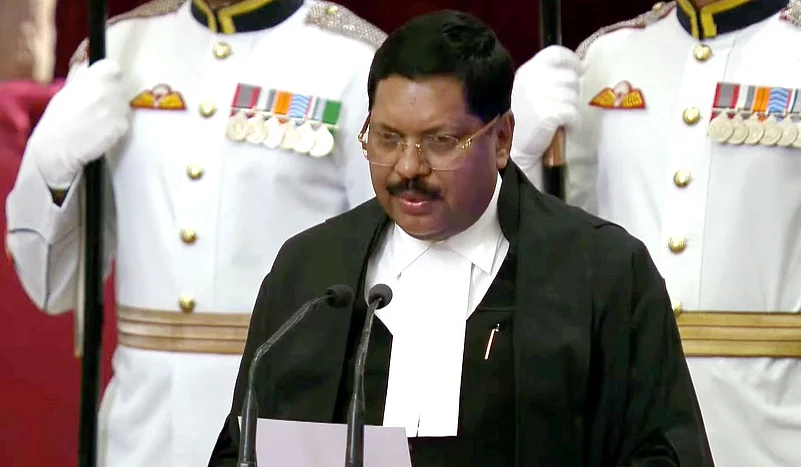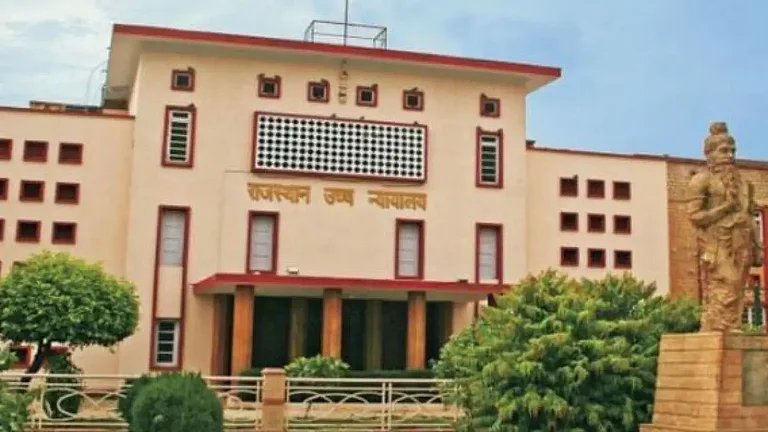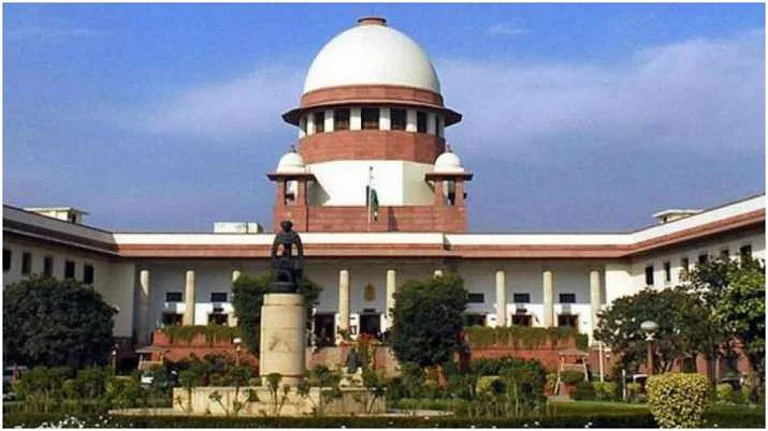
Gavai argued that the Constitution prohibits courts from inserting rigid timelines for governors’ action on bills, emphasizing respect for the separation of powers.
He clarified that while timelines have been “relaxed,” the court held that governors cannot sit on bills “endlessly” and may face judicial review if there is “extreme delay.”
Gavai said the verdict maintains the balance between constitutional discretion and accountability, allowing judicial scrutiny only when inaction is prolonged, unexplained, and indefinite.
Outgoing Chief Justice of India BR Gavai, speaking on his final day before retirement, defended the Supreme Court’s recent advisory opinion on governors’ powers. He argued that the court struck a delicate balance — it refused to impose fixed timelines for governors or the President to act on bills, while also making clear that they cannot indefinitely withhold assent.
“In the Constitution, there is no timeline. We have not added one,” Gavai said, highlighting that the court cannot read into the Constitution something that is not written.
At the same time, he explained, the court held that “a governor cannot sit over a bill for endless time.” In such cases, “limited judicial review” is available: courts may intervene if there is “prolonged, unexplained, and indefinite” delay.
Gavai defended the ruling as rooted in the principle of separation of powers. He said that while governors do enjoy discretion under Article 200 of the Constitution, that discretion is not absolute. The court’s decision preserves constitutional dialogue — allowing governors space to act, but ensuring they cannot frustrate the legislative process by delaying indefinitely.


























